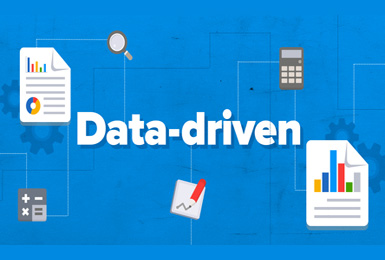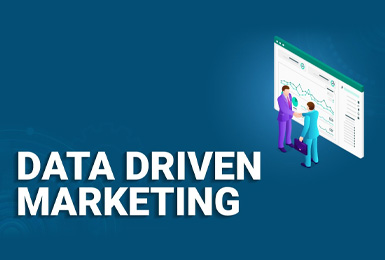Data-Driven Marketing
Data-driven marketing is a strategic approach that leverages data analytics to inform marketing decisions and optimize campaign performance. By harnessing the power of data, businesses can gain valuable insights into customer behavior, preferences, and trends, enabling them to tailor their marketing efforts for maximum impact.


Key components of data-driven marketing:
- Data collection: Gathering relevant data from various sources, including customer interactions, website analytics, social media, and market research.
- Data analysis: Using statistical tools and techniques to analyze data and extract meaningful insights.
- Data-driven decision-making: Applying data-based insights to inform marketing strategies, tactics, and resource allocation.
- Continuous optimization: Continuously monitoring and refining marketing campaigns based on data-driven insights.
Benefits of data-driven marketing
01
Improved targeting
Identifying and reaching the most relevant target audience.
02
Enhanced personalization
Delivering personalized messages and offers that resonate with individual customers.
03
Optimized campaigns
Allocating resources to the most effective marketing channels and tactics.
04
Measurable results
Tracking and measuring the performance of marketing efforts to identify areas for improvement.
01
Competitive advantage
Gaining a competitive edge by making data-informed decisions.
Common data-driven marketing techniques:
Grouping customers based on shared characteristics to tailor marketing efforts.
Using data to predict future customer behavior and preferences.
Experimenting with different marketing elements to determine the most effective approach.
Automating repetitive marketing tasks to improve efficiency and scale.

Challenges and considerations:
- Data quality: Ensuring data accuracy, completeness, and relevance.
- Data privacy: Adhering to data privacy regulations and protecting customer data.
- Data analysis skills: Having the necessary skills and tools to analyze and interpret data.
- Integration: Integrating data from various sources and systems.
